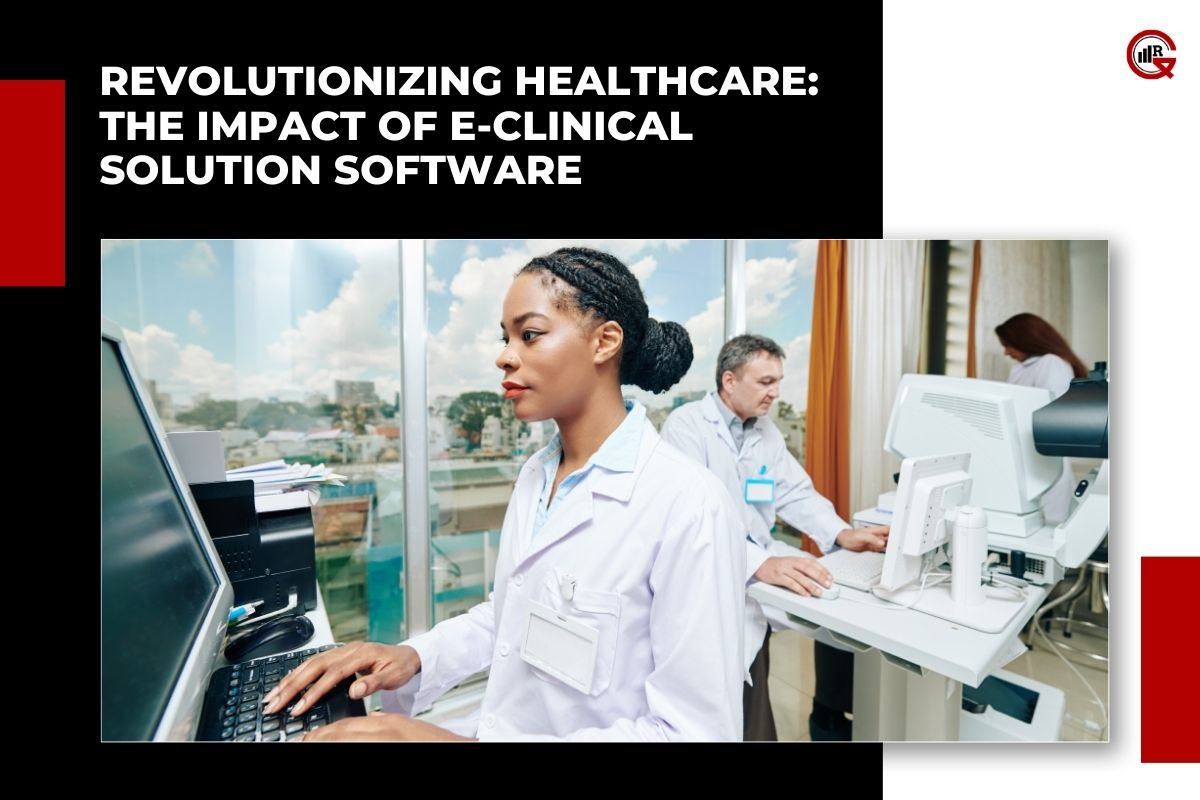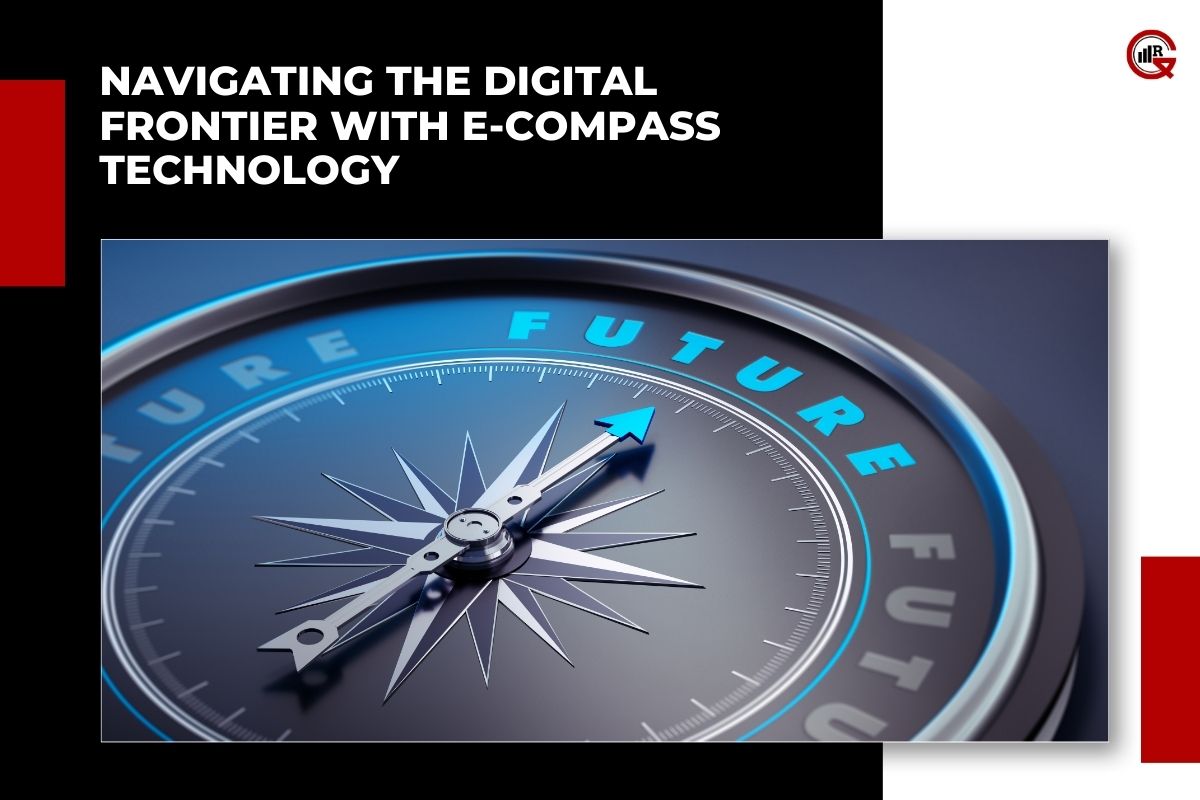In the dynamic landscape of healthcare, where technological innovations are reshaping traditional practices, solution software emerges as a revolutionary force. These digital platforms are transforming the management of clinical trials, patient data, and healthcare delivery worldwide. In this comprehensive exploration, we delve into the core features, benefits, and transformative impact of e-clinical solution software on modern healthcare systems.
Understanding E-Clinical Solution Software
E-clinical software comprises a suite of digital tools meticulously designed to streamline various facets of clinical trials and healthcare management. These encompass Electronic Data Capture (EDC), Clinical Data Management (CDM), Clinical Trial Management Systems (CTMS), and Electronic Patient-Reported Outcomes (ePRO), among others, crucial for efficient trial conduct.
The primary objective of e-clinical solutions is to bolster the efficiency, accuracy, and compliance of clinical trials while concurrently reducing operational costs and timelines. These platforms foster seamless collaboration among stakeholders, including sponsors, investigators, site staff, and regulatory bodies, thereby optimizing the entire clinical trial lifecycle from inception to completion.
Features and Capabilities
Electronic Data Capture (EDC): EDC systems facilitate the electronic collection, validation, and management of clinical trial data in real time. By supplanting traditional paper-based methods, EDC enhances data accuracy, diminishes errors, and expedites data entry and query resolution processes.

Clinical Data Management (CDM): CDM modules streamline the organization, integration, and quality control of clinical trial data. These systems ensure data consistency, compliance with regulatory standards, and adherence to predefined protocols, thereby augmenting data integrity and reliability.
Clinical Trial Management Systems (CTMS): CTMS platforms streamline the planning, execution, and monitoring of clinical trials. They provide comprehensive oversight of study timelines, milestones, budgets, and resources, enabling efficient trial management and optimization of operational workflows.
Electronic Patient-Reported Outcomes (ePRO): ePRO solutions empower patients to directly report their health status and outcomes electronically, eliminating the need for paper-based questionnaires. By capturing real-time patient data, ePRO systems enhance data accuracy, compliance, and patient engagement throughout the clinical trial process.

Regulatory Compliance and Reporting: E-clinical solution software ensures compliance with regulatory requirements, such as Good Clinical Practice (GCP) guidelines, Health Insurance Portability and Accountability Act (HIPAA) regulations, and International Council for Harmonization (ICH) standards. These platforms facilitate the generation of regulatory submissions, audit trails, and safety reports, thereby simplifying regulatory compliance and reporting processes.
Benefits of Solution Software
Enhanced Efficiency: By automating manual processes, streamlining workflows, and facilitating real-time data access, e-clinical solutions significantly enhance the efficiency of clinical trials and healthcare management. These platforms accelerate study timelines, reduce administrative burden, and optimize resource utilization, ultimately improving overall productivity and cost-effectiveness.
Improved Data Quality: E-clinical solution software promotes data accuracy, completeness, and consistency throughout the clinical trial lifecycle. By implementing built-in validation checks, data cleaning algorithms, and electronic source data verification (SDV) mechanisms, these platforms minimize data errors and discrepancies, ensuring high-quality and reliable clinical trial data.
Enhanced Collaboration: E-clinical solutions foster seamless collaboration and communication among stakeholders involved in clinical trials, including sponsors, investigators, study coordinators, and regulatory agencies. These platforms provide centralized access to study information, facilitate real-time data sharing, and enable remote monitoring and oversight, thereby enhancing collaboration and coordination across geographically dispersed teams.
Patient-Centricity: By incorporating patient-centric features such as ePRO, telemedicine, and mobile health applications, e-clinical solutions prioritize patient engagement, convenience, and satisfaction. These platforms empower patients to actively participate in clinical trials, report their health outcomes remotely, and access personalized healthcare services, ultimately improving patient retention, compliance, and overall trial outcomes.

Comprehensive Analytics: E-clinical solution software enables advanced data analytics and reporting capabilities, allowing stakeholders to derive actionable insights from clinical trial data. These platforms support data visualization, trend analysis, risk identification, and predictive modeling, facilitating informed decision-making and continuous process improvement throughout the clinical trial lifecycle.
The Future of E-Clinical Solutions
As the healthcare landscape continues to evolve, the adoption of e-clinical solution software is poised to accelerate further, driven by technological advancements, regulatory requirements, and industry trends. Future developments in artificial intelligence (AI), machine learning (ML), blockchain, and digital health technologies are expected to further enhance the capabilities and functionalities of e-clinical solutions, paving the way for more efficient, patient-centric, and data-driven healthcare delivery models.
In conclusion, e-clinical solution software represents a paradigm shift in the way clinical trials are conducted and healthcare is delivered. By harnessing the power of digital technologies, these platforms offer myriad benefits, including enhanced efficiency, improved data quality, enhanced collaboration, patient-centricity, and comprehensive analytics. As healthcare organizations increasingly recognize the value of e-clinical solutions, the adoption and integration of these innovative platforms will continue to drive positive transformation across the entire healthcare ecosystem, ultimately leading to improved patient outcomes and population health.






